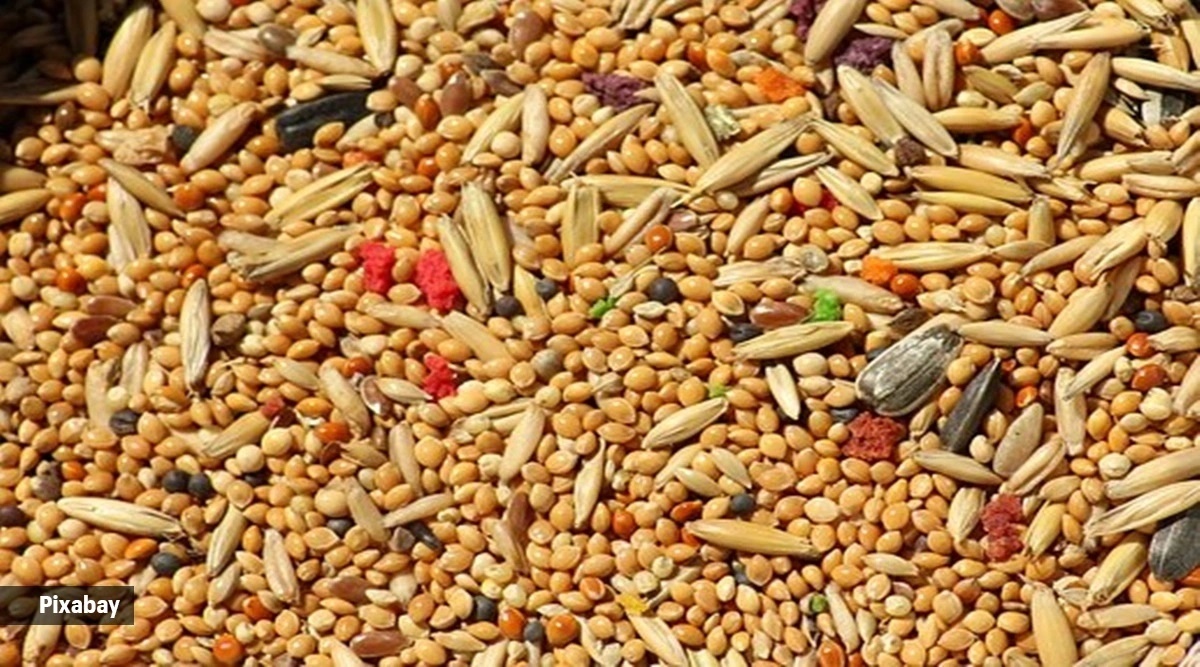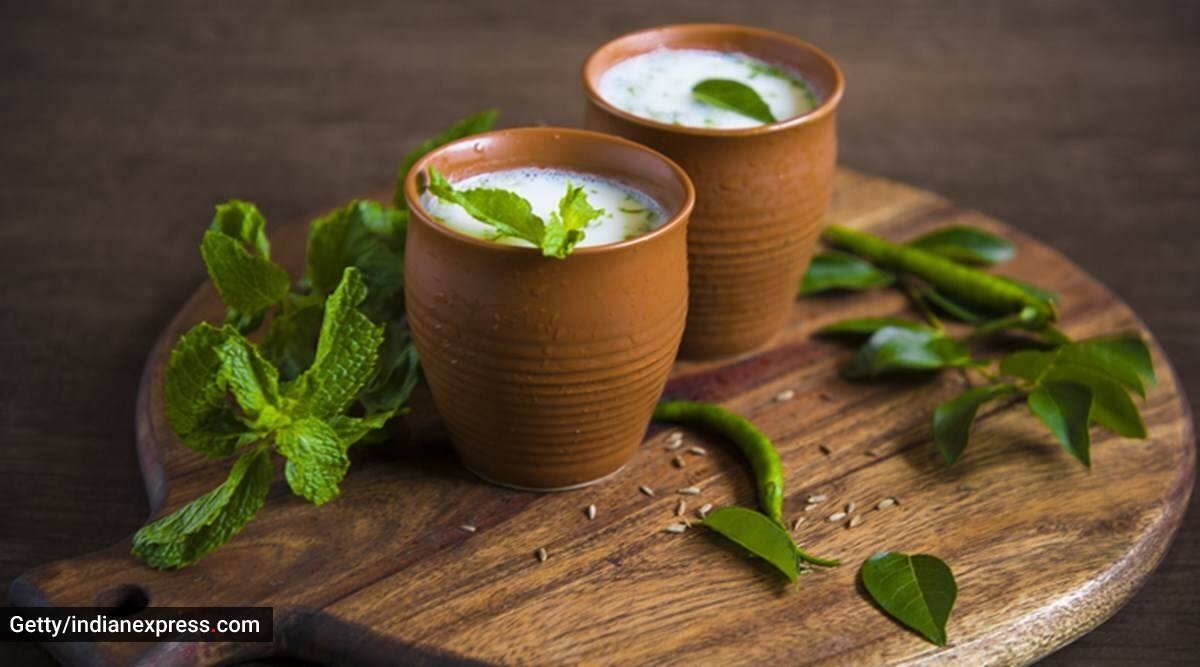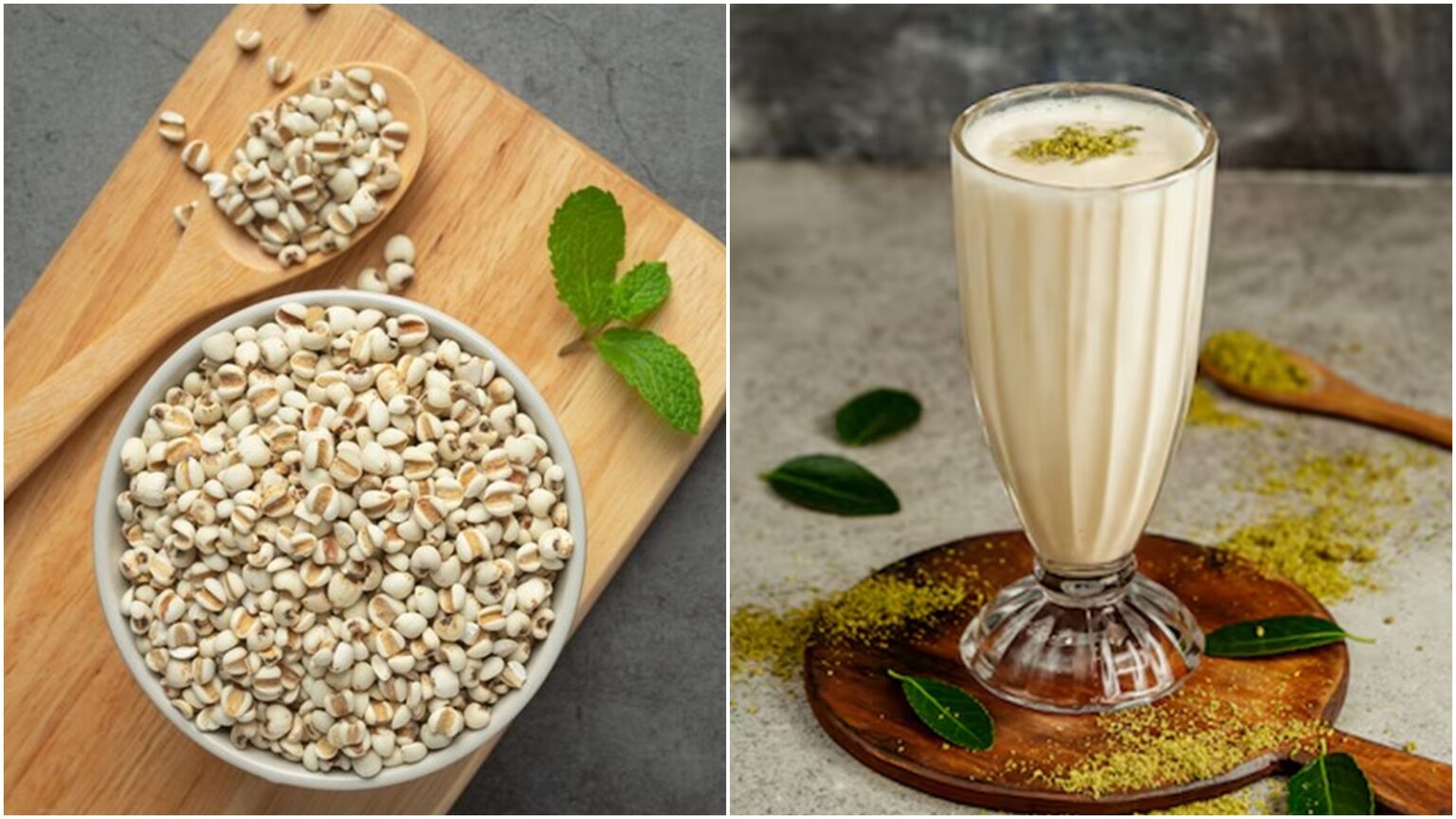Have you ever felt overwhelmed by the aisles of imported “superfoods” lining supermarket shelves? While these exotic ingredients may hold a certain allure, are they truly necessary for a healthy diet in India? The answer is a surprising no!
Let us debunk the myth that good health requires expensive, imported ingredients. Dr Vedika Premani, a clinical dietician at Sir H.N. Reliance Foundation Hospital, Mumbai, suggested these 9 delicious and nutritious desi (local) swaps you can make for those trendy videshi (foreign) foods. From buttermilk to bajra, discover how embracing local options can elevate your health, while also celebrating Indian cuisine.
1. Guacamole and avocado toast: A desi twist
Ditch the avocado! Mashed peas offer a budget-friendly, protein-rich alternative with a similar texture, said Premani. For a creamy spread, blend yoghurt with cucumber – it’s probiotic-rich and bursting with essential fatty acids, she added.
2. Go local with your berries for a burst of antioxidants
Skip the imported blueberries! India boasts a treasure trove of antioxidant-rich berries. Consider incorporating mulberries, wood apples (jamun), or even Indian gooseberries i.e., amla into your diet. These local gems can be enjoyed in beverages, desserts, jams, or refreshing fruit salads.
3. Millets: Powerhouse substitutes for quinoa
 Here’s why you should have millets (Source: Pixabay)
Here’s why you should have millets (Source: Pixabay)
Quinoa may be trendy, but millets like bajra and amaranth are powerhouse alternatives readily available in India. These indigenous grains boast a similar texture and nutritional profile to quinoa, offering a good dose of fiber, iron, magnesium, and selenium.

4. Leafy green power: Going local instead of kale
While kale has gained popularity, don’t underestimate the power of readily available greens like spinach, fenugreek, or mustard greens, said Premani. These local options provide a similar taste and nutrient profile, being rich in vitamin A, magnesium, copper, and selenium.
5. Flaxseeds and basil seeds: A treasure trove of omega-3s
Chia seeds can be replaced with homegrown options like flaxseeds or basil seeds. All three boast a good amount of fibre and omega-3 fatty acids, adding a textural element to smoothies, yogurt, salads, and desserts.
6. Dairy alternatives: Embrace desi options
Almond milk may be a popular choice, but explore the goodness of coconut milk, soymilk, or rice milk, said Premani. Coconut milk, with its medium-chain fatty acids, soymilk, packed with protein, and rice milk, easy to digest and low in fat, are all excellent dairy substitutes in cooking and baking.
7. Fermented goodness: Desi alternatives to kombucha
Skip the kombucha craze. India has its own fermented favourites – rice kanji and buttermilk. Rice kanji, a fermented beverage traditionally consumed in summers for its cooling properties, is naturally probiotic, aids digestion, and keeps you hydrated.
 And who doesn’t love a cold glass of chaas? (Source: Getty Images/Thinkstock)
And who doesn’t love a cold glass of chaas? (Source: Getty Images/Thinkstock)
8. Fenugreek leaves: A flavourful desi herb
Instead of reaching for thyme or oregano, consider dried fenugreek leaves, recommended Premani. These leaves, with their rich iron content, add a similar flavour profile to stews and roasted vegetables.
9. Kokum: A digestive powerhouse
Ditch the dried cranberries and embrace kokum, a fruit native to India. Kokum is known for its digestive properties, according to Premani, helping to relieve acidity and constipation. It’s a fantastic replacement for dried cranberries and adds a unique twist to your dishes.
Incorporating these local alternatives doesn’t just benefit your health; it supports local farmers while celebrating Indian cuisine. So, the next time you’re tempted by a trendy superfood, explore these desi options waiting to be discovered in your own kitchen!


